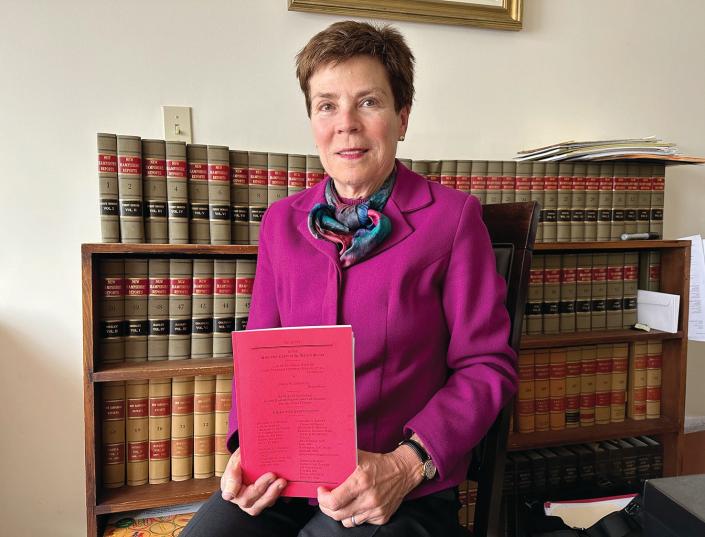NEW YORK (Reuters) – The U.S. Supreme Court ruled on Thursday that U.S. bankruptcy protections override a Native American tribe’s sovereign immunity, stopping the tribe’s effort to collect on an overdue payday loan taken out by one of its members who subsequently filed for bankruptcy.
In an 8-1 opinion written by Justice Ketanji Brown Jackson, the court ruled that U.S. bankruptcy law applies to all creditors and “abrogates the sovereign immunity of any and every government,” including tribes. Tribal governments are not entitled to an exception solely because the U.S. bankruptcy code does not specifically mention Indian tribes when describing how it applies to governments, Jackson wrote.
The Wisconsin-based Lac du Flambeau Band of Lake Superior Chippewa Indians had petitioned the Supreme Court after an appeals court rejected its effort to collect on a high-interest $1,100 payday loan extended to Brian Coughlin, a member of the tribe. Coughlin had borrowed the money from the tribe-owned business Lendgreen in 2019, but he filed for Chapter

